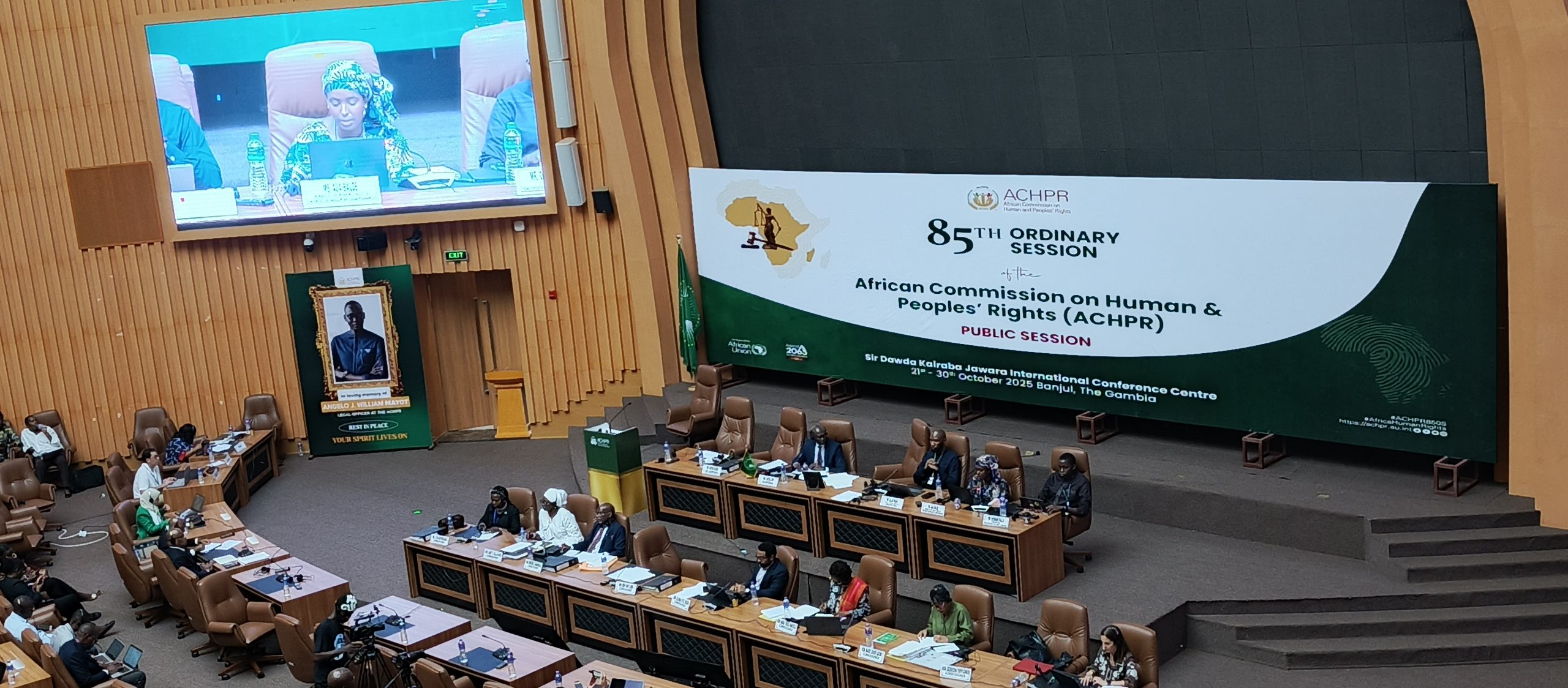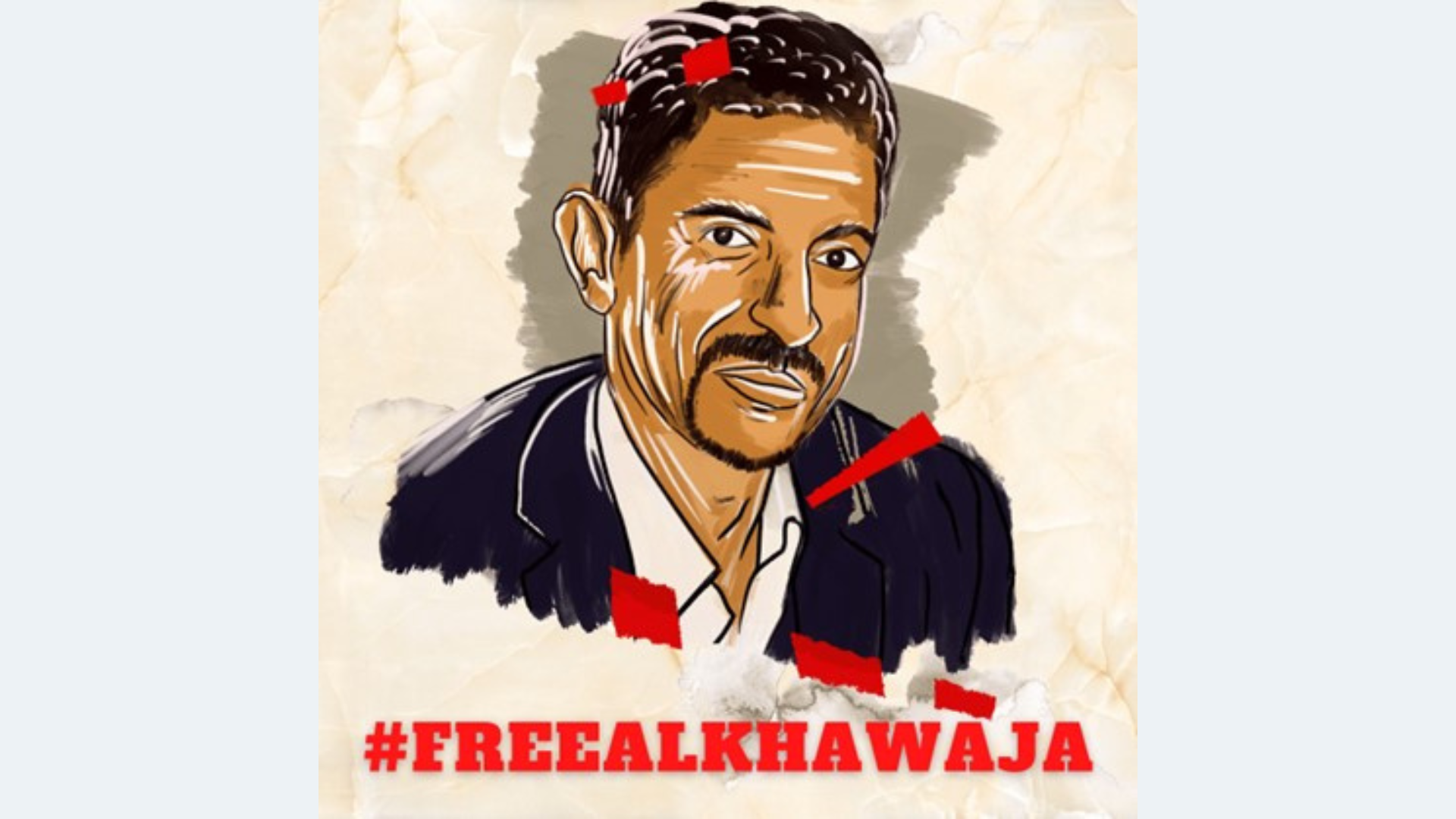States have the responsibility to protect people’s rights, especially civilians in a conflict context. However, in their fight against terrorism, States adopt legislative and institutional measures that are unfortunately being used to perpetrate human rights violations ranging from enforced disappearances, to acts of torture, and attempts on the lives of civilians.
With regard to article 4 of the African Charter on Human and Peoples’ Rights, the Principles and Guidelines on Human and Peoples’ Rights while Countering Terrorism in Africa, and the OAU Convention on the Prevention and Combating of Terrorism, Commissioner Idrissa Sow, Chairperson of the African Commission and of the Working Group on the Death Penalty, Extrajudicial, Summary or Arbitrary Executions and Enforced Disappearances in Africa moderate a panel on ‘Extrajudicial Killings in the Context of the Fight Against Terrorism in Africa’.
The panel included Allan Ngari from Human Rights Watch, Ousmane Diallo from Amnesty International, and Aua Balde Member of the Working Group on Enforced or Involuntary Disappearances. They looked at the trends in the region and gave the example of several States where, repeatedly, fighting against terrorism is not only affecting the rights of defenders, but also civilians’ liberty and safety.
Burkina Faso, Mali, Niger, Nigeria, Mozambique, and the north of Togo are some of the areas where tactics to fight against terrorism are misused against civilians. Consequently, instead of being protected from terrorism, civilians become victims of violence, women are raped, communities and political opponents are killed, in some cases with the support of external mercenaries.
On the use of the fight against terrorism to commit extrajudicial killings, including against human rights defenders, Aua Balde reminded that:
To overcome this situation, the panel proposed the following steps:
- Adopting of a human rights-based approach of strategies to fighting terrorism
- Conducting investigations on abduction cases
- Ensuring the conformity of anti-terrorism measures with international human rights frameworks
- Enhancing States’ accountability regarding the respect of human rights and reparations for violations
- Protecting of defenders and journalists who are more exposed due to the documentation of their cases
In conclusion, Allan Ngari said:




